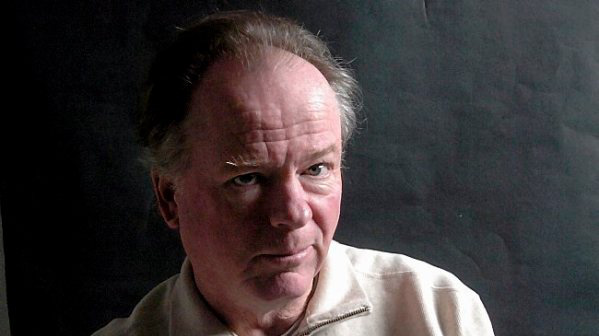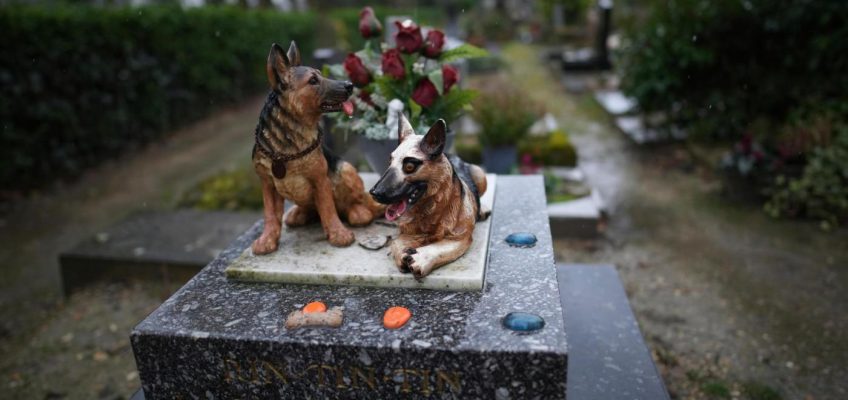By Lisa MarcAurele, Food Drink Life
Dairy alternatives are becoming a go-to choice for consumers who want simple solutions for dietary restrictions. From creamy almond milk to rich oat-based yogurt, these alternatives replicate the taste and texture of traditional dairy, making them a convenient option for those following plant-based diets or managing dairy sensitivities. With so many delicious choices available, switching to dairy free doesn’t mean giving up your favorite foods.
What are dairy alternatives?
These days, you can find alternatives for nearly every dairy product like milk, cheese, yogurt and ice cream. Plant milks, such as almond, soy and oat milk, are among the most popular. These options offer creaminess for drinks like lattes and work well in baking.
Plant-based cheeses and butters are also in high demand. Cheese alternatives now come in various styles like shredded and sliced as well as spreadable soft cheese. Many brands rely on nuts, soy or coconut oil to replicate traditional cheese textures.
Vegan yogurts made from coconut, almond or soy bases are popular, too. They are available in various flavors, including vanilla and berry. You’ll also find a variety of non-dairy ice creams, puddings and cakes in grocery stores. These days, going dairy free doesn’t mean giving up your favorite treats.
Popularity of dairy substitutes
Thanks to their versatility and widespread availability, dairy substitutes have become a kitchen staple for millions. Plant-based options offer a delicious solution, whether you’re lactose intolerant, cutting back on animal products or simply following food trends. From vegan whipped cream for your morning coffee to oat-based ice creams for dessert, the choices are endless.
Related Articles
Recipe: Here’s how to make a King Cake for your Mardi Gras celebration
Recipes: Think you hate tofu? Try making these 3 dishes
Highlights among new foods at Allianz Field this season
At 62, Alton Brown seeks fresh, creative recipes in life
Award worthy: Visiting St. Paul’s three James Beard semifinalist restaurants
Health is a major motivator for many. Lactose intolerance affects a significant portion of the population, and dairy alternatives offer relief from discomfort without compromising on taste. Others choose dairy-free products for environmental reasons since plant-based options generally have a lower carbon footprint.
Beyond health and sustainability, the sheer variety and convenience of these products appeal to consumers. Grocery stores are stocked with options like soy milk, cashew cheese and coconut yogurt, making it easy to find something that suits your taste and dietary needs.
Types of dairy-free milk
Plant-based milk refers to a broad range of options, including soy, coconut and hemp milk. Soy milk stands out for its protein content. According to Very Well Health, coconut milk, while lower in protein, contains medium-chain triglycerides that may provide health benefits. Healthline also provides that hemp milk, though less common, is rich in omega fatty acids.
Nut milks are among the most popular due to their creamy texture. Almond milk is a favorite for its low-calorie count and versatility, while cashew milk is mildly sweet and often blended with oats for extra creaminess. Lesser-known options like pistachio and macadamia milks offer more choices.
Oat milk has soared in popularity for its thicker texture and mild taste making it a great option for creamy drinks like hot chocolate. Rice milk is another grain-based option, offering a naturally sweet flavor and lighter consistency, making it perfect for cereals and smoothies. Though lower in protein, rice milk is easy to digest and suitable for those with allergies.
Seed-based milks, such as flax and sunflower, are excellent alternatives for those avoiding nuts and grains. Flax milk is rich in omega-3s and blends seamlessly into recipes. Sunflower seed milk, with its nutty flavor and allergen-friendly profile, is gaining attention as a versatile option.
Blended milks combine multiple plant-based ingredients to create well-rounded alternatives. For example, a cashew-oat blend offers the creaminess of cashews with the thick texture of oats, making it ideal for cooking, baking or drinking on its own.
Cheese and yogurt
Finding good non-dairy cheese used to be a challenge, but today’s options are more sophisticated than ever. From tangy cashew spreads to firm almond-based slices, there’s a plant-based cheese for every preference and recipe. You can even make a dairy-free macaroni and cheese that tastes like the real thing.
Non-dairy yogurt is another booming category. Options made from coconut, almond, soy and oat milk provide a range of textures and flavors. Coconut yogurt is particularly thick and creamy, making it ideal for parfaits and smoothies, while almond and soy yogurts offer neutral flavors suitable for cooking or enjoying on their own.
Butter and cream substitutes
Butter and cream are essential in many kitchens, and thankfully, dairy-free alternatives deliver comparable results. Plant-based margarines work well for spreading and baking, while coconut oil excels in frying and adding richness to dishes.
Cashew cream is a popular choice for its mild flavor and creamy texture. It’s perfect for thickening soups, sauces or even desserts. Oat-based creams are also gaining traction, offering a texture similar to heavy cream. With these options, dairy-free cooking and baking have never been easier.
Ice cream without dairy
Non-dairy ice cream has come a long way, offering indulgent, creamy textures that rival traditional versions. Cashew, almond and coconut milk-based ice creams come in a variety of flavors, from classic vanilla to decadent chocolate fudge.
The best part? These treats are now widely available in supermarkets. Whether you’re craving something sweet after dinner or need a refreshing treat on a hot day, non-dairy ice cream has you covered.
Dairy-free condiments and sauces
Creamy condiments and sauces often contain dairy, but plenty of dairy-free versions exist. Vegan mayo, made from aquafaba or soy, works perfectly in sandwiches and salads. Dairy-free ranch and Caesar dressings offer the same creamy satisfaction as their dairy counterparts.
In the kitchen, coconut milk and cashew cream make excellent substitutes for heavy cream in savory dishes like pasta sauces and curries. Plant-based queso and other cheese-based sauces are also available, ensuring you never miss out on creamy comfort foods.
Why people ditch dairy
The shift away from dairy appears to be more than just a passing trend. Many people switch due to health concerns, environmental reasons or personal preferences. With so many delicious and accessible alternatives available, ditching dairy no longer feels like a sacrifice.
Digestive discomfort is one of the top reasons people cut out dairy. Lactose intolerance is common, and eliminating dairy can dramatically improve symptoms like bloating and cramps. Additionally, some people report clearer skin and reduced inflammation after going dairy free.
Environmental and ethical considerations are also driving the shift. Dairy production requires significant resources, and those looking to reduce their carbon footprint find plant-based options to be a more sustainable choice. Moreover, with the wide availability of alternatives like almond milk, oat yogurt and cashew cheese, transitioning away from dairy has never been easier.
Ready to make the move?
Switching to dairy alternatives opens up a world of tasty options. Start with something simple, like almond milk in your morning coffee or oat cream in your next dessert. Coconut yogurt can elevate your parfaits, while cashew cheese spreads add a gourmet touch to your meals.
You don’t have to sacrifice anything when making the switch. Whether you’re fully plant-based or just exploring new dietary options, there’s a dairy-free alternative for everyone. Give it a try. You might just discover a new favorite.
Lisa MarcAurele is the original founder of Low Carb Yum and the author of two keto cookbooks. She created Little Bit Recipes to help people save money by minimizing leftovers when cooking for one or two people. Lisa is a long-time resident of Connecticut and enjoys hiking and taking scenic day trips around New England.




